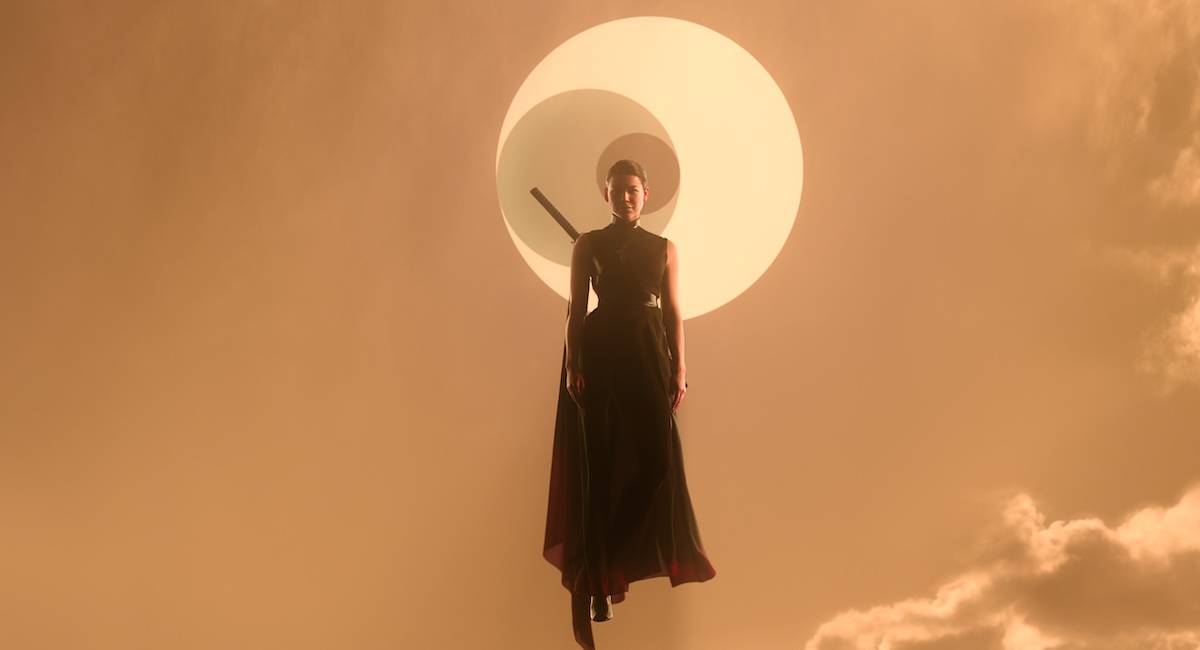‘3 Body Problem’ Is Facing Controversy From All Sides

Netflix’s 3 Body Problem series is now streaming, and not everyone is happy with the adaptation.
According to NBC News, the series has caught significant flack from international audiences due to the rampant whitewashing. To start, the show is set in London instead of China, like Liu Cixin’s books are. This is important because the book uses the Cultural Revolution as the backdrop for many of the story’s events. The Cultural Revolution is still referenced in the show, but in a way detached from the Eastern setting.
Cixin’s Three-Body Problem was originally published in 2008, the first book in his Remembrance of Earth’s Past trilogy. The story takes place in the past, present, and future and is centered around a group of scientists who try to study an alien civilization detected by Earth. The book has gone on to garner significant praise, winning a Galaxy Award (best Chinese science fiction) and a Hugo Award (Best Novel).
There is also the matter of 3 Body Problem being run by David Benioff and D. B Weiss, the two white guys who were responsible for HBO’s Game of Thrones adaptation. As we’ve talked about before, Game of Thrones has been criticized to hell and back for its racism and sexism, particularly its white saviorism. Many have questioned from the series’ first announcement whether they are the right people to be leading this adaptation.
The series’ depiction of Chinese history is also, perhaps predictably, raising ire within China. The Cultural Revolution took place from 1966 to 1976 and was spearheaded by Mao Zedong. This period saw intense violence and civil war conflict between Chinese communists and the People’s Republic of China. That historical moment is described in the books in brutal fashion, as well as shown in the Netflix series, and has been met with condemnation in all its forms from the Chinese government, as well as some readers and viewers.
As /Film’s Jeremy Mathai writes:
In its original publication, however, Cixin essentially had to hide this crucial chapter [depicting the murder of a character’s father at the hands of revolutionaries] much later on in the hopes that it would slip past government censors. Historically, China has sought to downplay (at best) or outright deny (at worst) the facts behind this decade of violent upheaval. Pointedly setting a seminal work of literature during this historical event was itself a political statement … and, unsurprisingly, put any future adaptation in the crosshairs.
The controversy over Netflix’s 3 Body Problem is multi-pronged, ranging from political censorship to the types of valid critiques from BIPOC viewers that too often get shut down in favor of apolitical consumption.
(featured image: Netflix)
Have a tip we should know? [email protected]
